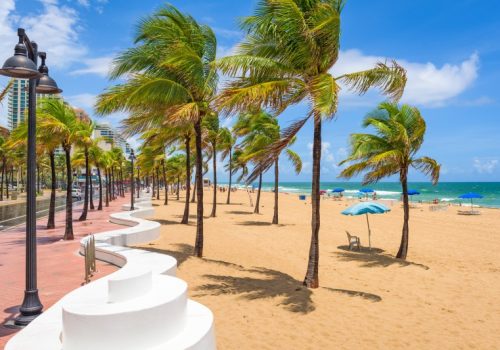SICK ON A PLANE, ON A CRUISE OR IN A FOREIGN COUNTRY
It’s a nightmare. You’re finally experiencing the trip you have been dreaming about for years, and you can barely drag your sick body out of bed. Now you’re wondering: What happens when you get sick while traveling?
On a Cruise
The good news about getting sick on a cruise is that on medium and large cruise ships you will find a doctor (or two) and two nurses who can diagnose and treat most medical emergencies. Larger cruise ships have basic surgical facilities, one or more defibrillators for heart problems, and a lab for diagnoses. If you need medicine, the ship’s pharmacy can provide common medicines in prescription and over-the-counter potencies.
You will be able to get seasickness medications, aspirin/ibuprofen, antacids, and even antibiotics in the ship’s infirmary. If you have respiratory illness, urinary tract infection, gastrointestinal issues or cardiovascular issues, you’ll be able to get treatment. It will cost you more than it would at your local drugstore, but no more than you would pay in port.
If the doctors determine that you are in need of more advanced medical care, they can – at their discretion – arrange for your transportation to a hospital at the next port, or in cases of severe accident or illness, they can call for a helicopter transport to pick you up sooner. This is usually provided by the Coast Guard of the nearest country

.
On an Airplane
“If there is a medical doctor on board, please identify yourself to a flight attendant.” Statistics show that if you hear this announcement on an airplane, 48% of the time, there is a doctor on board. But ultimately, if you get sick on an airplane, you are in the capable hands of the flight crew. Thirty percent of medical incidents on airplanes are handled by flight attendants, often advised by other passengers who are doctors, nurses or EMTs. They are trained for emergencies, have first aid supplies at hand (including defibrillators) and have good connections on the ground for medical advice.
Delta Air Lines, as well as many other carriers, contract with the University of Pittsburgh Medical Center for their STAT-MD program for immediate medical consultation when they have a problem during a flight. UPMC offers the same kind of service to the airline industry as does another major player, MedAire. These providers ensure that medical situations are carefully analyzed while they are occurring so that passengers have the best chance of survival, if the emergency turns out to be life-threatening.
The pilot has the discretion of landing at a convenient airport and dropping the patient off. In one famous case, a critically ill man and his wife, en route to Britain from South Africa, were left on a runway in Nigeria at 3 am. This was a rare case, and policies have since been revised so patients are not abandoned without sufficient care.
If the case is critical, it may require an emergency landing. (In these cases, the patient’s luggage will usually remain on the plane.) Getting sick on a plane or a cruise ship is far better than getting sick in the wilds of Africa or South America.
In a Foreign Country
The 2015 Health Risk Map was just released by the International SOS, a leading medical and travel security assistance company. The map shows areas of the world where it is a very bad idea to get sick. They judged the availability of doctors and hospitals, general sanitation and hygiene, and the threats of infectious disease. Countries deemed an extreme risk by a panel of international medical directors include:
- Madagascar
- All countries of interior Africa
- Himalayan nation of Bhutan
- Haiti
The large developing nations of China, Brazil and Russia are in a separate category of risk because there is high-quality medical care in large cities, but rural areas are high risk. These developing countries are improving rapidly and will be upgraded by the time the next report comes out. Even interior Africa is improving, largely because of foreign investment in health facilities due to the Ebola outbreak of 2014.
What will happen if you get very sick in a foreign country? If you are in a high risk area, you are unfortunately in the hands of the local agencies. You may be transported to the nearest clinic at your own expense, treated at your own expense, and not allowed to leave the hospital until they have your credit card payment. If you need to be evacuated, you’ll have to trust an air ambulance company (and there are some that should be avoided).
How to Avoid Financial Disaster If You Become Ill
Yes, you will pay for your medical care. If you receive medicines from the cruise ship’s pharmacy, or treatment from the cruise ship doctor, it will be charged to your ship card. It will be your responsibility to file a claim with your medical insurance and some policies (as well as Medicare plans) will not pay for care outside the U.S. You should be aware that if you need transportation to a hospital, you will pay for that as well, and it can be $50,000 or more in some areas.
There is one way to ensure that a medical emergency does not create a financial one: Buy travel insurance. There are three types of travel insurance to consider. Trip cancellation is the most common type, but you might want to consider health/accident insurance and medical evacuation insurance. Most policies will provide coverage for all three for as little as $4.00 per day. This will help mitigate the costs of medical care and transportation to a hospital. For an extended trip, especially in the high risk areas, this is well worth the price.
By Kay D. Harrison
 Travel blog
Travel blog










